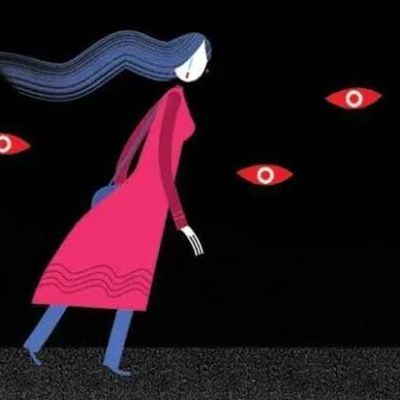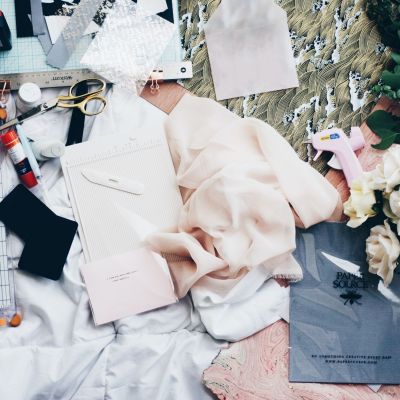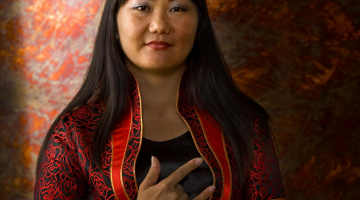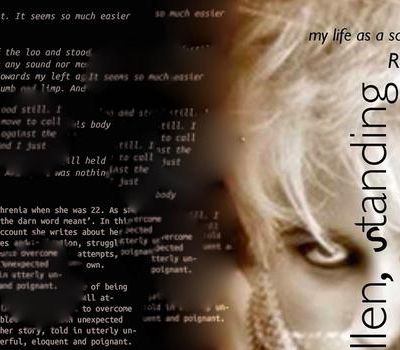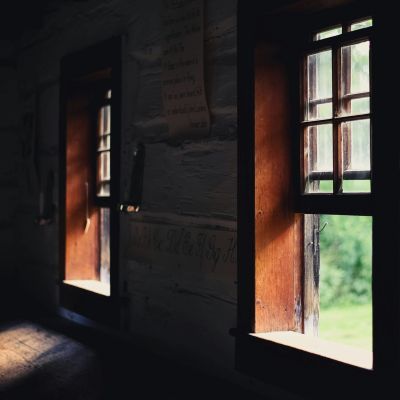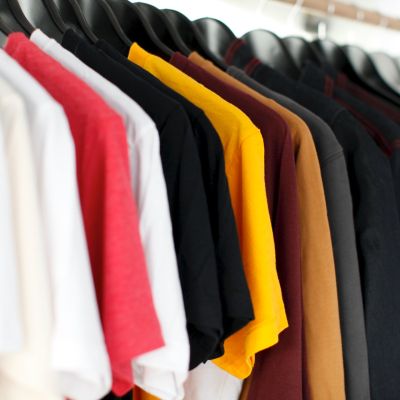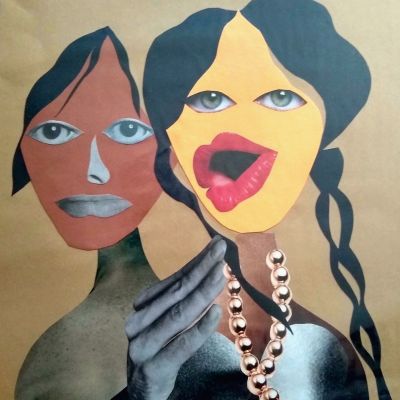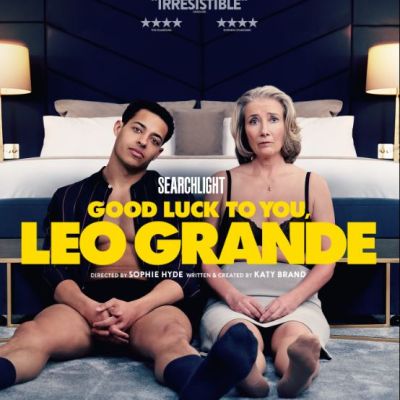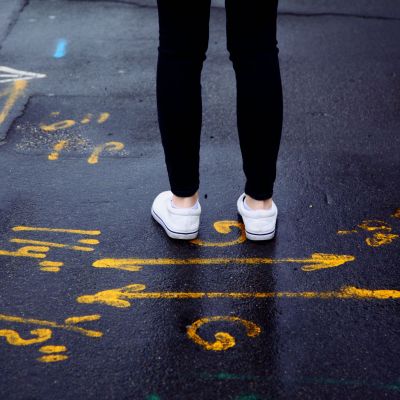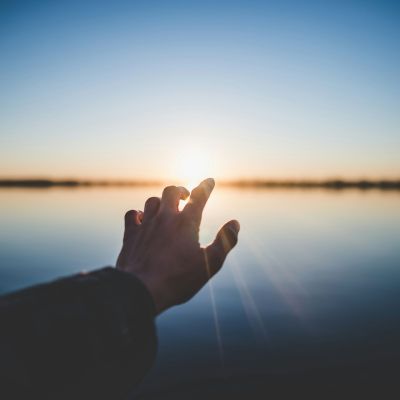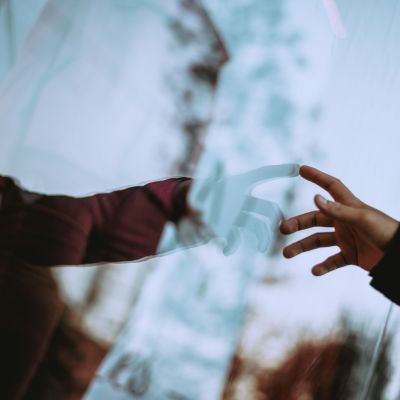Sexuality
The only thing this language achieves (and maybe it is also the goal), is to create enough panic so that women themselves police and restrict their own mobility and whereabouts, and keep themselves away from public spaces whenever possible.
For women like me, there is an enormous lack of options in addition to the market that relegates us to a corner of ‘plus-size brands’
Disabled folks make up the largest “minority” group that includes the most diversity, and anyone can experience or acquire a disability at any point in their life. And yet even in feminist and social justice spaces, ableism persists.
The following is an excerpt from Fallen, Standing: My Life as a Schizophrenist by Reshma Valliappan. This was first excerpted…
I was focused on becoming the ‘perfect’ feminist, based on the stipulations of mainstream feminism. The result: a deeply narrow conception of feminism,and it would take years to unlearn the ‘black-and-white’ mentality and embrace intersectionality.
Home is usually the place where we begin exploring all aspects of life. In India, one area that is often…
The morning was heavy, laden with the weight of expectation, with the unsettling realisation that something was about to shift.
Now, what you need is a good enough smartphone and sufficient data – these are the real “superstar” in the love affair between Big Tech and CSE.
Where did my body go? This is a question I have asked myself repeatedly over the last two years. My…
This film reminds us of the power of connections in finding pleasure, joy, confidence and healing.
It is unfortunate that one of the most fundamental processes of human life is shunned to the extent that we’ve been taught, and so we learn to dismiss the natural feelings our bodies produce.
While pop culture will continue to exist in the mainstream, it also provides us the scope to create alternative narratives and/ or counter-narratives that question, challenge and unpack the existing stereotypes and norms.
It was not uncommon for me to feel like an imposter, helping others connect with themselves while struggling to do the same myself.
“It’s rather unfortunate that our educational institutions and systems are so reluctant to understand, or they simply ignore, the importance of providing our youth with CSE that can help erase the shame and crippling self-doubt around sexuality, bodies, reproductive rights and wellness.

